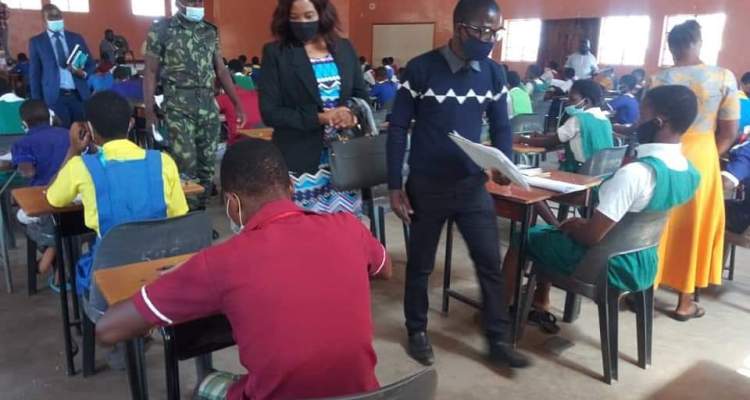
The Office of the Ombudsman will audit the 2019/20 Primary School Leaving Certificate of Education (PSLCE) examinations and secondary school selection following accusations of favouritism.
The Ministry of Education has revealed this, noting that there has been much speculation on social media about the issue of the fairness of selection of the 1,860 students selected into National Secondary Schools.
The selection list by Ministry shows that Central Region has 929 students selected into secondary school. In contrast, the North has 182 while the South has 749.
Some Malawians have expressed concern that there is a low number of students from the North and have claimed that the ministry used the quota system of selecting students.
In a statement today, Secretary for Education Chikondano Mussa insisted that selection to secondary schools is based ‘on merit’ as it was based on the aggregate score of the top 5 PSLCE subjects (including English).
“Students are selected to National Secondary schools from a national student merit list for boys and a national student merit list for girls. The cut-off score for selection for boys this year was 380. The cut-off score for girls was 354. Students are allocated to schools regardless of their home,” said Mussa.
She then revealed that the Ombudsman’s office will launch an audit into the selection process to review in detail the events and processes involved in the examination results and secondary school selection process of the 2019/20 school year.
“The audit report is expected to be available within 4 months in time to ensure any appropriate changes can be made for future examination and selection processes.
“The Ministry welcomes this audit by the Office of the Ombudsman and commits to respond to its findings and to implement its recommendations as soon as possible,” said Mussa.
She added that an Independent Expert Group, including leading academics, will be convened to undertake a multi-year analysis of PSLCE examination results to review the issues affecting the inequities in performance more broadly than just through the selection process.
Mussa said: “The analysis and resultant recommendations of the Independent Expert Group will guide future Ministry strategy to improve the equitable delivery of primary school education and the improved transition of students from primary to secondary education.”














